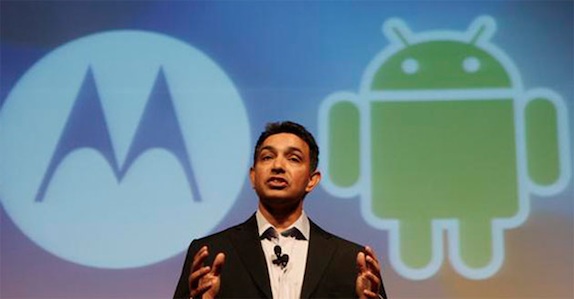
When Google said they were going to buy Motorola Mobility for $12.5 billion in August 2011, no one really knew what to make of the announcement. Was Google seriously going to try and compete with the likes of Apple and Samsung? The acquisition finally went through in May 2012, less than three months ago, so we’ll soon hopefully see what the search giant has in store for the company that brought us the RAZR. To kick things off though, The New York Times is reporting that 20% of Motorola’s employees will be fired. Ina Fried from AllThingsD quantifies that number for us: 4,000 people. Roughly one third of those cuts will be in the United States. The bad news doesn’t stop there either. Today Motorola has 94 offices. The NYT report says one third of them will be closed. The company will focus their resources on three “hubs” in Sunnyvale, California; Chicago, Illinois; and Beijing, China.
So what happens after the job cuts? Dennis Woodside, Motorola’s CEO, told the NYT that they’re going to stop making low end devices, and instead of having a portfolio of dozens of phones they’ll be just a few. Dennis goes on to say that these few remaining devices will have advanced sensors, amazing cameras, and batteries that can last for days. Mark Randall, who managed the supply chain for Amazon’s Kindle, is now working for Google. He says he’s going to cut the number of suppliers that Motorola deals with and reduce component orders by 50%. Does that mean they’re going to make half the number of phones they usually make?
The bigger question is how will Google’s relationship with companies that use Android change now that Motorola will effectively be competing with everyone? Will Motorola get special treatment? The NYT says that there’s a program in place at Google that allows employees to move over to Motorola for one to two years. Imagine how Samsung must feel after reading that.
